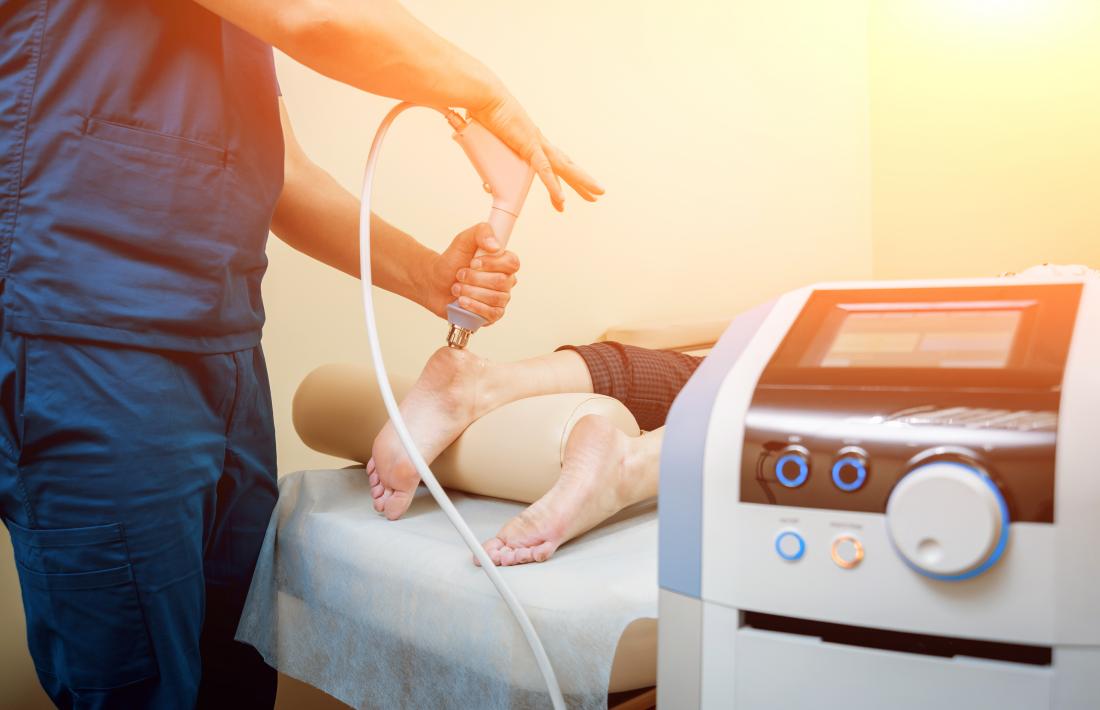How to Stop Sweaty Hands: Professional Dermatology Recommendations for Handling Excessive Sweating
How to Stop Sweaty Hands: Professional Dermatology Recommendations for Handling Excessive Sweating
Blog Article
Comprehending the Origin Causes of Excessive Sweating and Its Influence on Every Day Life
Excessive sweating, likewise referred to as hyperhidrosis, is a problem that impacts a substantial portion of the populace, yet its hidden causes and effects on daily working stay somewhat enigmatic. While it is generally recognized as a physical feedback to manage body temperature level, the triggers for too much sweating can vary extensively amongst people, incorporating not just physical factors yet additionally emotional and mental components. The effect of this problem extends beyond plain pain, frequently influencing social interactions and total top quality of life. By delving into the origin of hyperhidrosis and discovering its complex effects, a much deeper understanding of this pervasive concern can be gotten, clarifying the complexities that people grappling with extreme sweating browse each day.
Physiology of Sweat Glands
The law of sweat production, a vital physiological procedure, is primarily controlled by the activity of sweat glands dispersed throughout the human body. Sweat glands are categorized into 2 primary types: eccrine and apocrine glands.
When the body temperature level increases, either as a result of exercise, high temperature levels, or emotional anxiety, the anxious system causes the sweat glands to create sweat. This sweat is made up primarily of water and electrolytes like sodium and chloride. The process of sweat production is essential for preserving the body's internal temperature level within a slim, optimal variety, highlighting the critical role gland play in human physiology.
Triggers for Excessive Sweating
In recognizing the origin creates of too much sweating, it is essential to identify the triggers that can lead to this physiological response. Physical effort, high temperatures, and spicy foods are also understood to trigger extreme sweating in people vulnerable to this condition.
Moreover, medicines such as some antidepressants, opioids, and particular supplements can also function as triggers for hyperhidrosis. Recognizing these triggers is crucial in handling extreme sweating successfully - Sweaty hands treatment. By recognizing and attending to the particular triggers that motivate extreme sweating in an individual, doctor can establish personalized therapy strategies to reduce this problem and improve the person's lifestyle
Medical Issue Associated
Related to excessive sweating are various medical problems that can worsen this physiological action. One common problem is hyperhidrosis, a disorder defined by unusually raised sweating that goes beyond the body's thermoregulatory requirements. This can manifest in focal areas like the palms, soles, underarms, or face, impacting a person's top quality of life due to social shame and discomfort.
In addition, endocrine disorders such as hyperthyroidism, diabetic issues, and menopausal warm flashes can additionally lead to too much sweating. Hyperthyroidism triggers an overflow of thyroid hormones, increasing metabolic process and triggering sweating. Diabetes can induce sweating episodes, especially during hypoglycemic episodes when blood glucose levels drop too reduced. Menopausal hot flashes, credited to hormone fluctuations during menopause, can trigger sudden and intense sweating, typically accompanied by flushing and heart palpitations.
In addition, infections like tuberculosis, HIV, and endocarditis have been associated with evening sweats, a common signs and symptom recognized to interfere with rest and influence overall well-being. These medical problems highlight the diverse variety of underlying factors that can add to too much sweating, demanding thorough evaluation and administration by health care experts.
Psychological and psychological Variables

Effect On Social Communications
Too much sweating can have extensive impacts on an individual's ability to involve conveniently in social communications. The visible signs of sweat discolorations or wet patches on garments can lead to shame and self-consciousness, triggering people to withdraw from social situations. This withdrawal can impact connections, limitation social tasks, and prevent individual and specialist development.

Additionally, the anxiety and self-worth concerns stemming from excessive sweating can affect interaction and interpersonal skills. Individuals may have a hard time to concentrate on conversations, participate in group tasks, or share themselves confidently. This can bring about sensations of seclusion and isolation, as social connections come to be testing to maintain.
Verdict

While it is generally understood as a physiological action to control body temperature level, the triggers for excessive sweating can vary extensively among people, including not only physical elements but also emotional and mental aspects. By delving right into the origin creates of hyperhidrosis and discovering its diverse impacts, a much deeper understanding of this pervasive concern can be gained, losing light on the complexities that people grappling with too much sweating navigate on a daily basis.
Physical effort, high temperature levels, and spicy foods are likewise understood to trigger extreme sweating in individuals vulnerable to this condition. By recognizing and resolving the particular triggers important source that prompt extreme sweating in a private, health care providers can develop tailored therapy plans to alleviate this condition and enhance the person's high quality of life.
Excessive sweating can have extensive impacts on an individual's capacity to involve easily in social interactions.
Report this page